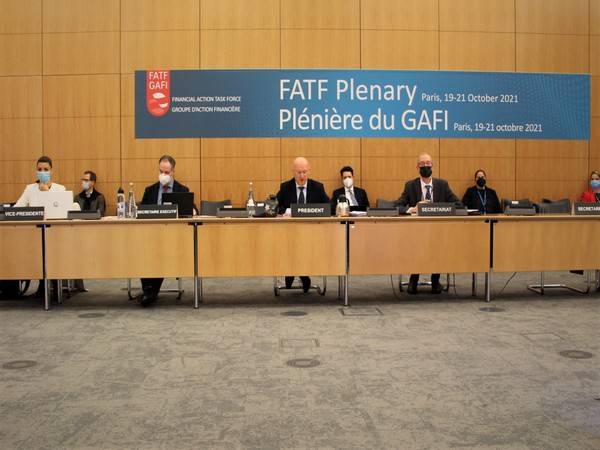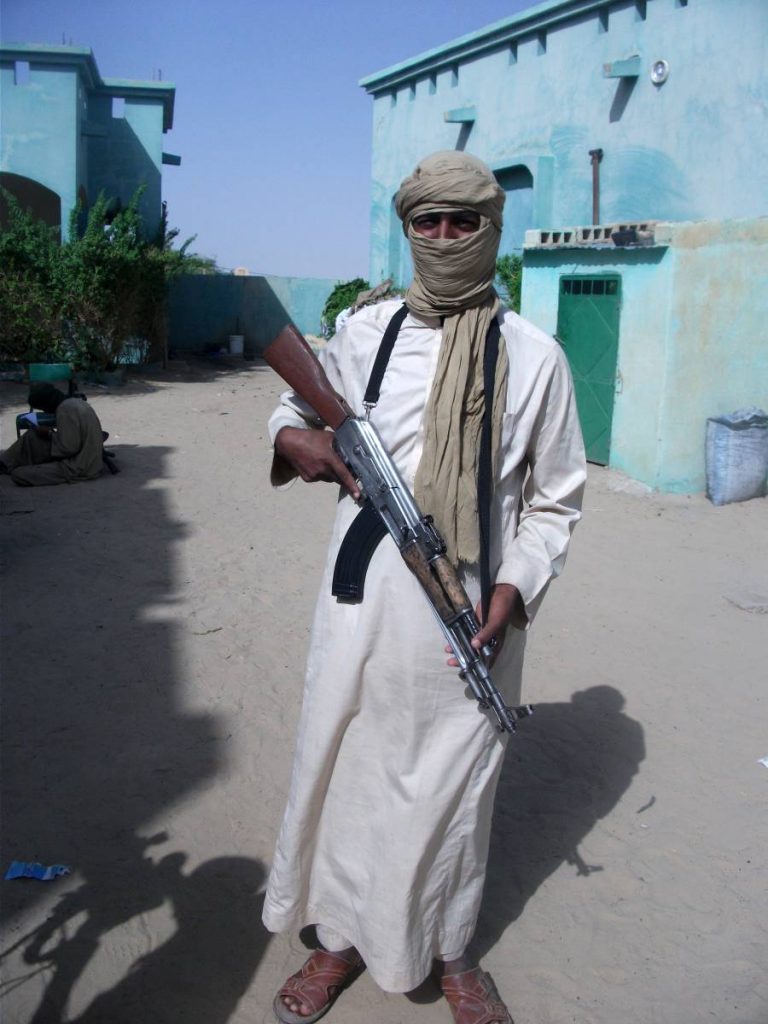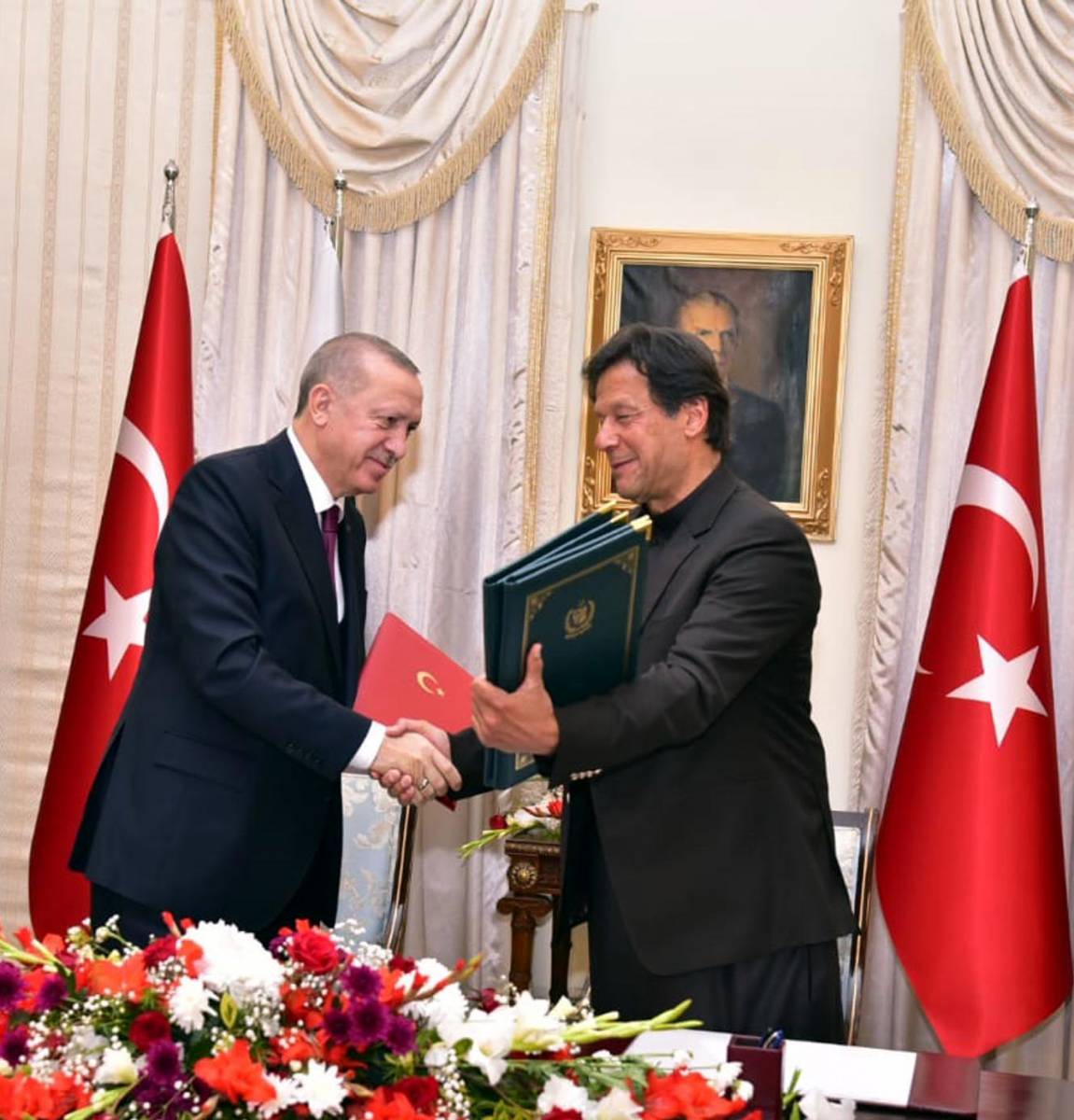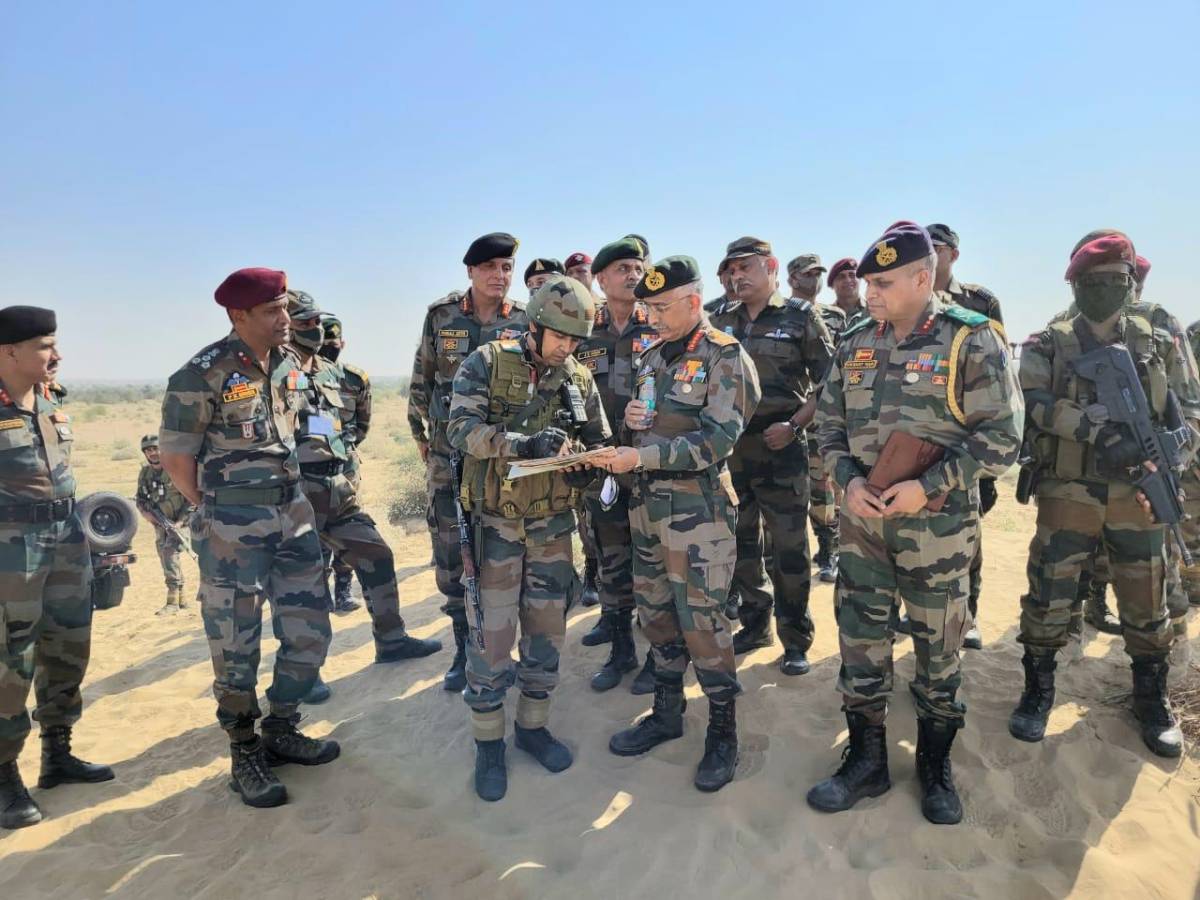The international anti money laundering watchdog, FATF’s decision to place Turkey in its grey list only signifies Istanbul’s failure or deliberate inability to check terror financing, a report by Mahua Venkatesh
As social media is abuzz with various hashtags relating to the Mumbai terror attacks that took place on this day in 2008, there are enough indications to suggest that illegal money may have trickled in larger quantum into India and South Asia through hawala channels in the last few months amid the Covid 19 pandemic.
Besides, the nebulous political framework in India’s neighbourhood along with the Financial Action Task Force’s (FATF) step to add Turkey along with the already existing Pakistan in its grey list is a wake-up call, security agency sources said. Hashtags NeverForgetNeverForgive, MumbaiTerrorAttacks among others were trending as Prime Minister Narendra Modi tweeted, “Tributes to those who lost their lives in the gruesome 26/11 terror attacks in Mumbai.”
The international anti money laundering watchdog, FATF’s decision to place Turkey in its grey list only signifies Istanbul’s failure or deliberate inability to check terror financing. The country’s proximity to Pakistan, Syria and Lebanon has also raised concerns for the global community.

Just Security, an online forum for analysis of national security and foreign policy in a recent report said that due to economic sanctions against the Taliban and the limited financial connectivity in Afghanistan, the hawala system is currently serving as the primary financial lifeline for the country. This system is also extensively used for doing trade with Pakistan.
The US and the international community must tighten mechanisms related to monitoring of anti-money laundering activities and countering financing of terrorism in and around Afghanistan especially as terrorist organizations like Al-Qaeda and the Haqqani Network have close associations with the Taliban.
“Terror activities need substantial resources and therefore financing is a critical area to monitor. The 26/11 Mumbai terror attack was well-planned and could not have been possible without transfer of large sums of money into sleeper cells in the country, particularly in Maharashtra,” BK Singh, Retired Joint CP (Commissioner) Crime, Delhi Police told India Narrative.
In the wake of heightened terror threats, experts said that coastal security especially on the Karachi and Mumbai belt has to be fortified further.

According to the European Foundation for South Asian Studies, continued efforts towards understanding the changing terrorism landscape, including from an organizational perspective, remains key to maintaining the efficiency of ongoing counter-terrorism efforts and keeping the threat at bay.
Recently, Bangladesh authorities indicated that the incidents of violence against minorities in the South Asian nation and the attacks on Durga Puja pandals were the handiwork Pakistan supported radical group Jamaat-e-Islami. Not just that. Violence had also erupted in the country during Prime Minister Narendra Modi’s visit to Dhaka in March. Even then, the Bangladesh authorities said that the incidents were due to groups that had support from Pakistan.
The FATF has already warned that terror outfits “continue to pose a serious threat to international stability, security and peace.” FATF also noted that since 2020, both ISIL and Al Qaeda have increasingly turned to new payment technologies to raise, move and deploy funds.

“As a result, the use of virtual assets by terrorists remains a risk. In addition, the risk emanating from expansion of affiliates of ISIL and Al Qaeda has been increasing over the past years,” the terror financing watchdog said.
ISIL, for example, has about $25-50 million in reserves. These funds help the group to sustain some activities and to seek a potential resurgence.
Singh added that state governments across the country need to work in sync to prevent any major or minor terror attacks. “Tracking suspicious transactions will be critical,” he said.
“Vigilance is important amid the rapidly changing situation and now with FATF placing Turkey in the grey list, India needs to further increase co-ordinations among state governments and security authorities,” Singh said.
(The content is being carried under an arrangement with indianarrative.com)
ALSO READ – QTPi, Muslim Brotherhood Fuel campaign against India













